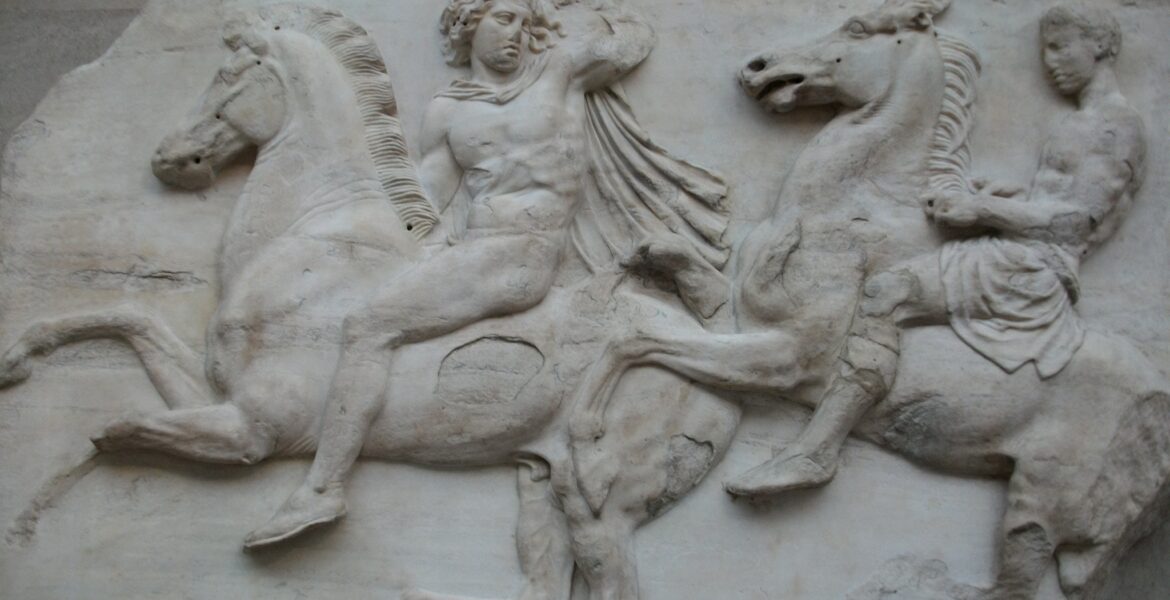The reunification of the Parthenon Sculptures may be a step closer with the revelation by UNESCO that Greece and the United Kingdom have agreed to stage formal talks.
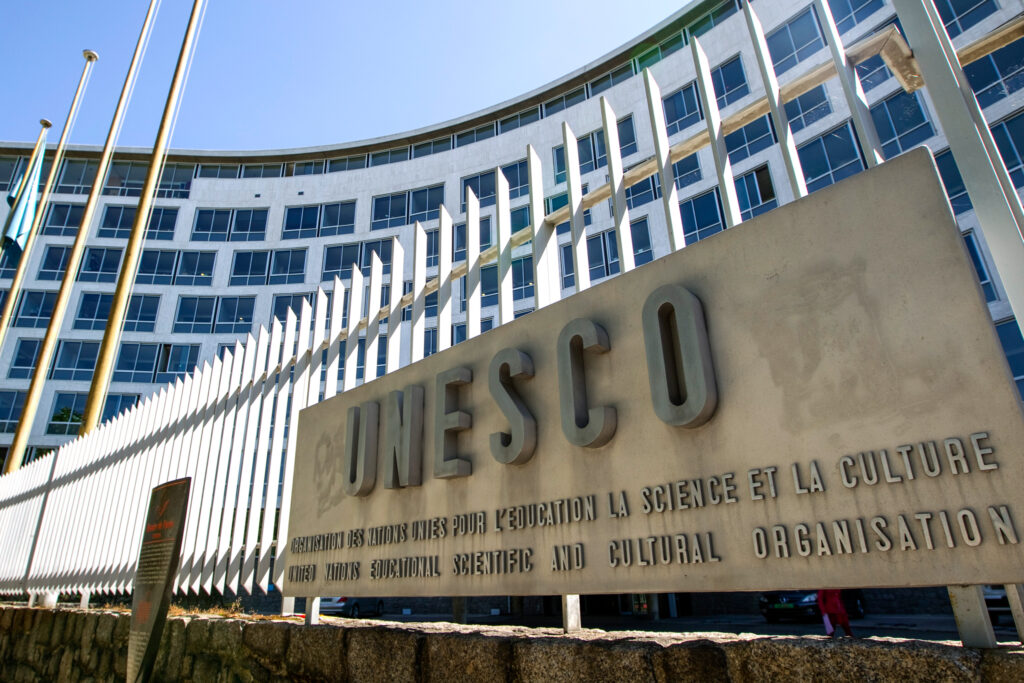
The news has come on the eve of International Museum Day, which is celebrated on 18 May 2022, as the UNESCO Intergovernmental Committee for Promoting the Return of Cultural Property to its Countries of Origin or its Restitution in case of Illicit Appropriation (ICPRCP) opens its 23rd session in Paris.
The Committee, UNESCO’s independent cultural heritage advisory body, will once again be considering and discussing the perennial question of the sculptures that were controversially removed by Lord Elgin more than 200 years ago and currently held in the British Museum.
This has been on the agenda of the ICPRCP since 1984 with countless unfulfilled recommendations made for the resolution of the dispute.
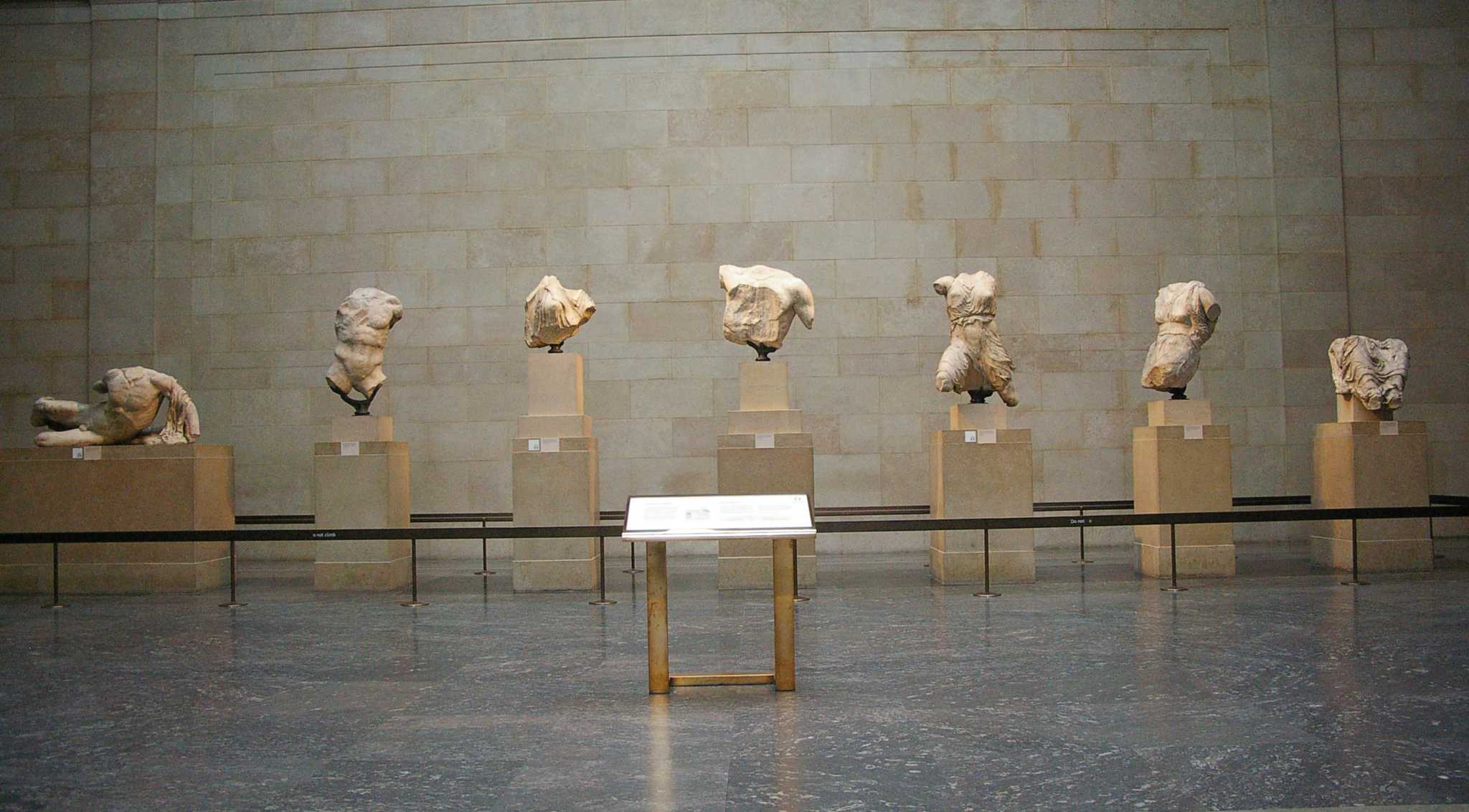
At the 2021 session the UNESCO Committee, after receiving an impressive submission by Greece in support of its case, acknowledged the legitimate and rightful demand of Greece and recognised that the case has an intergovernmental character and, therefore, the obligation to return the Parthenon Sculptures lies squarely at the feet of the UK Government. The Committee proceeded to issue a decision expressing both its concern that the issue still remains pending and its profound disappointment that UNESCO’s respective recommendations, including mediation, had not been observed by the UK. The Intergovernmental Committee called on the UK to reconsider its stand and proceed to a bona fide dialogue with Greece.
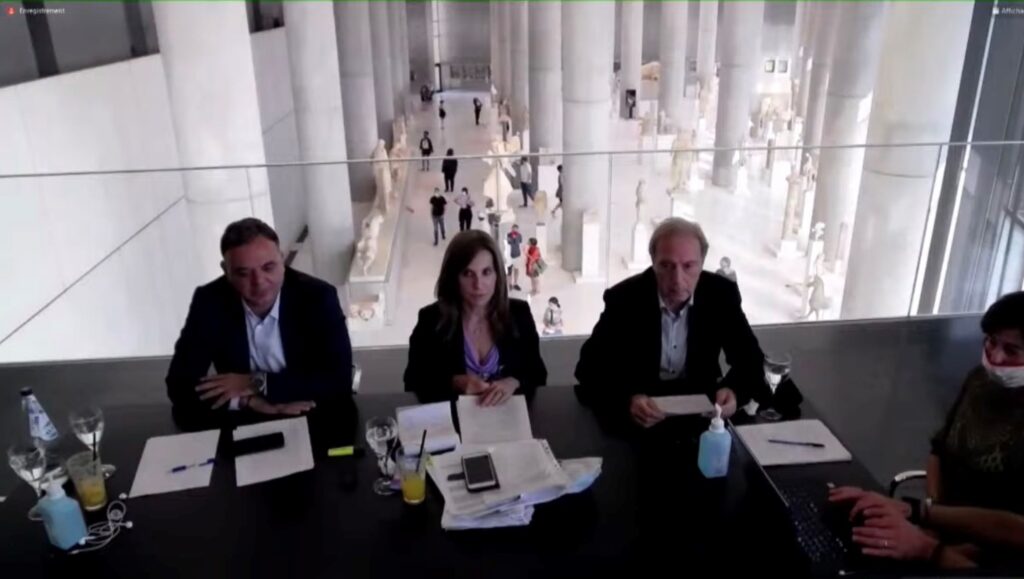
The UNESCO Secretariat reports that it had written to both the UK and Greece in March 2022 requesting further information and proposing to facilitate dialogue, particularly in light of the meeting between the UK Prime Minister, Boris Johnson, and his Greek counterpart, Kyriakos Mitsotakis, in London in November 2021 when the fate of the Parthenon Sculptures was discussed at prime ministerial level.
But more importantly, the UNESCO report reveals that on 29 April 2020 the UK wrote to the Greek Minister of Culture, Dr Lina Mendoni, suggesting that a meeting take place with her British counterpart, Lord Parkinson, the Parliamentary Under-Secretary of State, Department for Digital, Culture, Media and Sport. According to UNESCO, Greece has accepted and a meeting between the parties is “about to be arranged in due course”.

Will this be a defining moment? Or is this just a cynical ploy by the British side in belatedly trying to deflect criticism for its failure up to now to engage properly with the Greeks? After all, in 2015 both the British Museum and the UK Government declined an offer from UNESCO to participate in mediation of the dispute.
Only time will tell whether a dialogue in utmost good faith will take place.
On the one hand, Lord Parkinson as recently as February 2022 was asked in the House of Lords about what recent discussions the UK Government has had, if any, with the Greek Government about returning the Parthenon Sculptures to Athens. He resorted to what may be termed the ‘Bloomsbury Defence’:
“The UK’s longstanding position that this is a matter for the trustees of the British Museum, who legally own the sculptures. The British Museum operates independently of the Government, meaning that decisions relating to the care and management of its collections are a matter for its trustees. The Government fully supports the position taken by the trustees.”
According to Lord Parkinson, the Parthenon sculptures had been legally acquired by Lord Elgin “with the consent of the then Ottoman Empire”, a proposition that in the view of many commentators is historically doubtful and legally untenable.
His Lordship also stated that the British Museum is prepared to consider loans to museums that recognise its legal ownership of the items but acknowledged that this is a “stumbling-block” in this case.
On the other hand, at the recent opening of the British pavilion at the 59th Venice Biennale, Lord Parkinson confidently declared that the Venice Biennale is set to be a great showcase for British arts, demonstrating that the UK is an “international cultural powerhouse”.
Will this cultural awakening translate to a more enlightened and sophisticated response on the marbles?
Greece has in recent times ramped up its efforts for the return of the sculptures which are arguably the essential keys to its ancient history. On her recent visit to Australia, Dr Mendoni re-affirmed that Greece is constitutionally obliged and morally justified in demanding and striving for the sculptures’ final, permanent and irrevocable return by any legal and available means, in order to achieve cultural justice and to restore the integrity of the Parthenon monument atop the Acropolis.

The Greek Culture Minister, backed by her Prime Minister, returned to this theme at an international conference convened by Professor David Rudenstine at the Cardozo Law School in New York in late April 2022. In a message to the speakers and audience, Dr Mendoni declared that the British Museum's policy to date is both counter-productive and conducive to a long-term deadlock as it clings to an "anachronistic attitude of complete denial, recycling myths, sophistries, and even falsehoods", in an attempt to preserve a semblance of legitimacy around its contested possession and management of the Parthenon Sculptures.
Significantly, Dr Mendoni renewed Greece’s offer of entry into a creative collaboration with the British Museum whereby the return of the Parthenon Sculptures will not leave a gap in the Duveen Gallery but instead usher in a new and enlightened era of temporary exhibitions and loans of Greek and Hellenistic antiquities of rare artistic and historical importance.
The UNESCO Intergovernmental Committee has made it abundantly clear that the time for genuine and bona fide dialogue is now. But an indication of what might happen may be gleaned from another case of cultural misappropriation currently before the ICPRCP.
At the last session of the Intergovernmental Committee, the other major item on the agenda was a request from Zambia for the return of the Broken Hill Man Skull, a significant human fossil discovered in a mine in 1921 and subsequently ‘donated’ by the Rhodesia Broken Hill Mine Company to the British Museum before ending up in the Natural History Museum in London.
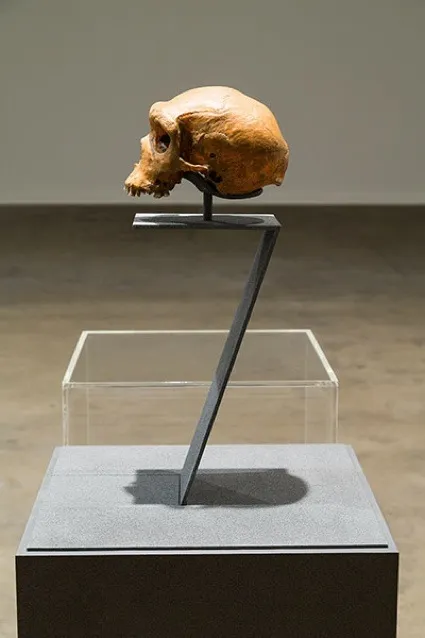
Back in 2018 the ICPRPC had actually recommended that Zambia and the UK should pursue bilateral discussion after the British side claimed that the Museum was “committed to constructive participation in this dialogue”. At the 22nd session three years later, the British idea of constructive dialogue was to retreat to its long-held position that the Natural History Museum, like the British Museum, is a public institution that operates independently of government and its collection belongs to the Museum Trustees and not the UK Government. And in a line reminiscent of the arguments mounted against the return of the sculptures, the UK side stressed that the trustees are prevented by the British Museum Act (which also governs the Natural History Museum), from giving away, transferring, or exchanging items. Despite this, the UK representative declared that Britain “would like to engage in meaningful bilateral discussions”.
The ICPRCP proceeded to invite the Director-General of UNESCO “to facilitate in convening necessary meetings between the United Kingdom of Great Britain and Northern Ireland and Zambia which may also be attended by the Secretariat of UNESCO”.
We now learn that the UNESCO Secretariat sent a letter on 4 March 2022 to Zambia and the United Kingdom expressing its availability for a constructive exchange of information to facilitate dialogue. As of April 2022, no response had been received. A case of déjà vu?
I would like to believe that the deliberations in Paris over the coming days, followed by the proposed meeting between the Culture Ministers of Greece and the UK, will be a new dawn in the campaign for the reunification of the Parthenon Sculptures and the restitution of other significant looted cultural property.
If I am wrong, then as I have written elsewhere, the United Kingdom will continue to hold on to the spoils of imperial plunder in the dubious name of English heritage, whether they be the Parthenon Sculptures, the Benin Bronzes from Nigeria, the Maqdala Treasures from Ethiopia, or even a Palaeolithic human skull from Zambia.
It's time for Britain to do the right thing.
George Vardas is the Co-Vice President of the Australian Parthenon Association and co-founder of the Acropolis Research Group

